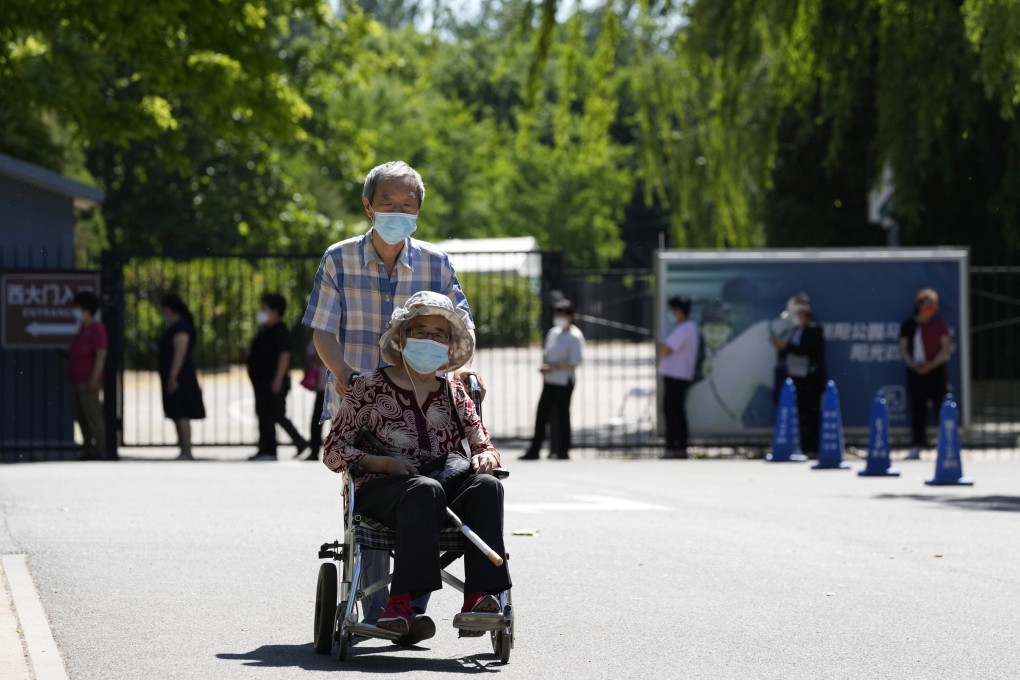Advertisement
Opinion | To exit its zero-Covid strategy, China needs to build trust in vaccines through more transparency
- China’s zero-Covid policy has wreaked havoc on its economy and people, but unless more of its population is vaccinated, particularly the elderly, the government is unlikely to be willing to abandon it
Reading Time:3 minutes
Why you can trust SCMP
18

China’s urban populations have been enduring some of the most intense infection-prevention measures of the Covid-19 pandemic. For 60 straight days, Shanghai’s 27 million residents were forced into a strict lockdown – and they were not alone.
During the peak of the Omicron BA.2 wave in April and May, 45 cities with a total of 373 million people were under some sort of lockdown. That is more than the combined populations of the United States (329.5 million) and Canada (38 million), and 83 per cent of the population of the European Union (447 million).
China’s “zero-Covid” strategy has wreaked havoc on its economy and its people. But the Omicron wave has also highlighted the elderly population’s continuing vulnerability to the virus. As of June 4, about 36 per cent of those over 60 – around 95 million people – were unvaccinated or undervaccinated (have received only one or two doses of the vaccine), even though they are at higher risk of severe illness and death from the disease.
Advertisement
One reason for the low vaccination rate is that the Chinese population has simply grown accustomed to the low rates of Covid-19 infections over the past two years. Now that the Omicron wave has struck, the higher perceived risk of remaining unvaccinated should increase vaccination among the elderly somewhat.
Another reason for the low vaccination rate among the elderly, however, is that many fear the side effects. To counter this, the city of Beijing recently introduced a Covid-19 vaccine insurance package for people over 60. Vaccine recipients who fall ill stand to receive up to 500,000 yuan (US$75,000) – more than four times the country’s average annual income (US$15,950).
Advertisement
This is a clever idea. But it will not suffice, because the bigger obstacle is the lack of trust between the Chinese public and the medical establishment.
Advertisement
Select Voice
Choose your listening speed
Get through articles 2x faster
1.25x
250 WPM
Slow
Average
Fast
1.25x
